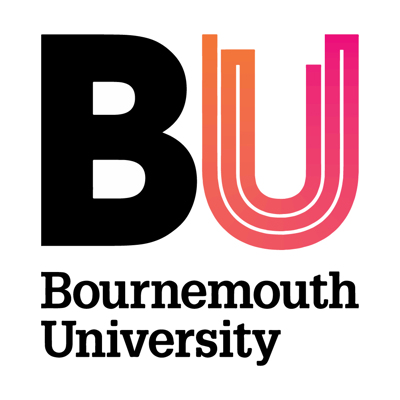Research and Knowledge Exchange Development Framework
The Research and Knowledge Exchange Development Framework (RKEDF) aims to ensure Bournemouth University researchers have access to the support required to make a step change in their research activity and performance, strengthening the opportunities for career progression, retention of high-performing staff, and acceleration of research income. The RKEDF offers a range of standalone workshops, structured courses, and online resources. These are delivered by BU staff with topic expertise or external facilitators. In addition to many individual events, the RKEDF includes several targeted and cohort-based courses each year.

What kind of an organisation are you in the context of the Concordat?
Research staff and other staff
What challenge were you trying to address with this initiative?
To increase the research activity across Bournemouth University, particularly in terms of the proportion of staff engaged actively in research, by providing research training and development to all academic staff to accelerate the development and sustainability of their research culture and capacity.
What did you do and how does this align with the Principles and keywords you have selected below?
The aim of the Research and Knowledge Exchange Development Framework (RKEDF) is to ensure Bournemouth University researchers have access to the support required to make a step change in their research activity and performance, strengthening the opportunities for career progression, retention of high-performing staff, and acceleration of our research income. The RKEDF offers a range of targeted opportunities for academics at all career stages to develop their skills, knowledge, and capabilities in relation to research and knowledge exchange. The RKEDF offers a range of standalone workshops, structured courses, and online resources, delivered by either BU staff with topic expertise or external facilitators, as individual events, and targeted- or cohort-based courses each year.
What were the challenges in implementation and how did you resolve them?
The main challenge with academic engagement was around time and workload to enable space for the RKEDF. This was resolved through regular meetings with the Deputy Deans for providing updates on Concordat and value of the RKEDF, as well as effective, regular and timely management within the faculties enabling and supporting CPD.
In addition to this, we:
- developed focus groups to understand what each academic group wanted for CPD within the RKEDF so that it remained demand-driven (for ECRs, Mid Career Academics and Research Leaders);
- undertook horizon scanning to support academics based on emerging trends and initiatives.
How did you evaluate the impact of your initiative?
Qualitative and quantitative feedback from academics engaged with the RKEDF. Examples of feedback include:
- “Totally relevant to tasks we have to undertake and very enjoyable learning experience”, (Early Career Researcher);
- “Excellent workshop, learned a lot of useful information I didn't know”, (Mid Career Academic);
- “Fantastic tools were given for future leaders, both in research and academic leadership”, (Senior Research Leader).
The RKEDF also aims to track career progression longitudinally after training, taking 'snapshots' of career status pre- and post-training, as well as at one- and three years after training.
Were there any surprising or unexpected consequences?
The RKEDF resulted in developing new research within the BU Professoriate to understand their needs and aspirations as they continue on their trajectory towards being global leaders in their subjects.
What advice would you give others wanting to do this?
- Conduct a robust evaluation of what you are trying to achieve to ensure you are meeting researchers' needs and motivations with projected outcomes. This gives researchers a voice, to help them feel invested and heard. It also supported communication and clarity for the university's 'BU2025 strategy'.
- Have capacity, time and resources to respond to the ever-changing landscape and demands that have occurred during Covid19 and the change in working practice. BU has embraced this by creating new opportunities enabling innovation and hybrid working.
- Integrate initiatives such as this with the HR and/or Organisational Developments by finding the right personal contact. This integration serves to reduce duplication of effort, to strengthen the energy and input into the initiative, and to 'unlock' certain areas of the institution as well.
Beneficiaries: Research staff Postgraduate researchers Research and teaching staff Managers of researchers
Stakeholders: Researchers Managers of researchers Professional staff Senior/executive team
Concordat principles: Professional and career development
Keywords: Training Professional development Research culture Career progression Leadership development Recognition
